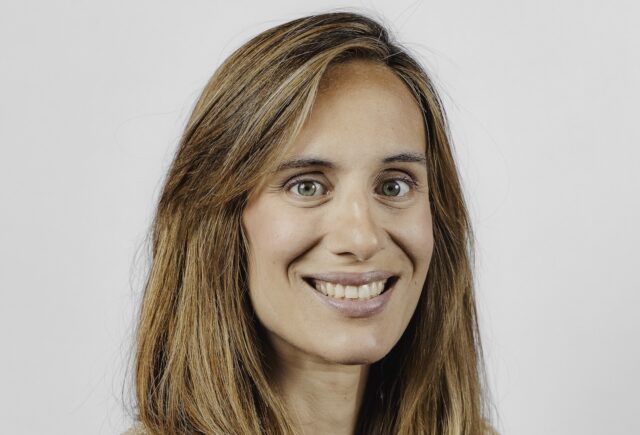Asset manager MEAG, part of the Munich Re Group, is targeting a total size of up to €645m with its Sustainable Forestry Equity Fund, focusing on investments in US, New Zealand and Australia.

MEAG, the asset management arm of Munich Re Group, said it had received a total of $207m (€190m) of commitments at the first close of its MEAG Sustainable Forestry Equity Fund.
Investors so far include German insurers and the pension scheme of a DAX-listed company group, according to MEAG, which is targeting a total fund size of $500m-$700m.
Investments will be focused on forested land in the US, New Zealand and Australia, to match the fund’s strategy of prioritising established markets, offering investors an attractive risk/return ratio, according to the firm. The first investments are due to be made in the initial half of this year, with new afforestation expected to account for 5% of the fund’s asset volume.
The Article 9 fund will invest in ecologically sustainable forest management, while also aiming to help meet several UN Sustainable Development Goals (SDGs), according to the asset manager.
Diversification
Forestry investments are promoted by asset managers as a useful way for investors to diversify their portfolios, as they tend to have a low correlation with other investment classes. MEAG said forestry investments also offer long-term growth potential, given rising global demand for wood, notably from those seeking materials for sustainable construction.
Thomas Bayerl, MEAG managing director and global head of illiquid assets, said he was pleased with the response to the fund from investors, given the challenging economic backdrop.
“MEAG has decades of experience with forestry investments around the globe, and these have proven to be an important stability factor in our portfolio. In view of the challenging conditions on capital markets right now, we are even happier about the success of the fund’s first closing with more than $200m,” he said.
MEAG currently manages total assets worth around €340bn, of which €60bn is for non-group investors.
Investor appetite
Investing in forestry as an asset class is of growing interest to impact investors, given the urgent need to reverse deforestation to meet global climate change and biodiversity goals. Several asset managers have launched sizeable forestry-related funds to capitalise on growing interest in the sector from impact investors.
New Forests raised more than €400m from Australian and European institutional investors at the first close of its Australia New Zealand Landscapes and Forestry Fund, while Mirova has launched its Mirova Sustainable Land Fund 2 blended finance vehicle, which aims to raise €350m from public bodies and institutional investors.
The investment climate should be improved by a pledge to halt and reverse deforestation by 2030, which appeared in the final text of a climate change summit agreement for the first time at December’s COP28 meeting in Dubai. However, the gulf between the amount of institutional funding flowing into forestry and related sectors remains far short of what is needed to arrest declines.
Research from not-for-profit Global Canopy, published in December, concluded that financial institutions are failing to act fast enough. It found that three-quarters of 700 financial institutions with strong net-zero commitments that it assessed did not have a public deforestation policy, and only 10% had a deforestation policy in place for all commodities with the highest risk.






